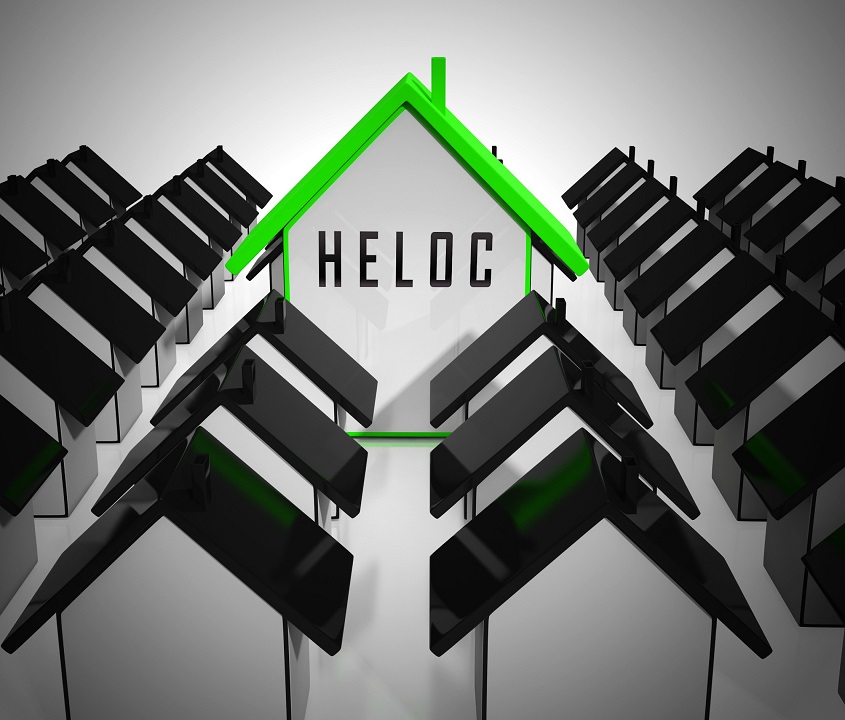
via 123RF
Home Equity Lines of Credit (HELOCs) can be a tempting option for homeowners looking to tap into their home’s equity. However, if you have bad credit, obtaining a HELOC may not be the wisest financial decision. While it’s possible to get approved, there are significant risks and drawbacks to consider. Here are 12 reasons why you shouldn’t get a HELOC with bad credit.
1. Higher Interest Rates
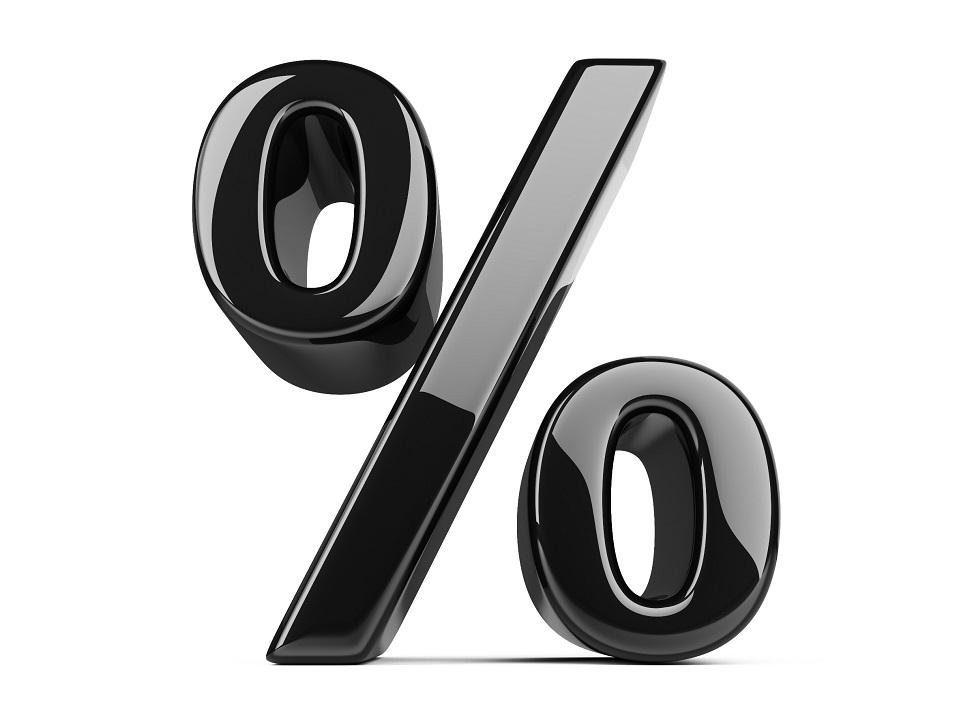
via 123RF
With bad credit, lenders view you as a higher-risk borrower. This means you’ll likely face much higher interest rates compared to someone with good credit. Higher interest rates can significantly increase the cost of borrowing, making the HELOC more expensive in the long run. The additional cost in interest can outweigh the benefits of accessing your home’s equity, especially if you’re already struggling financially. It’s essential to calculate the total cost of borrowing and consider whether it’s worth the financial burden.
2. Increased Monthly Payments

via 123RF
Higher interest rates also lead to higher monthly payments. If you’re already dealing with financial difficulties, adding a large monthly payment to your budget can exacerbate your financial stress. Missing payments on your HELOC can lead to serious consequences, including damage to your credit score and potential foreclosure. It’s crucial to ensure you can comfortably afford the payments before taking on additional debt.
3. Risk of Foreclosure
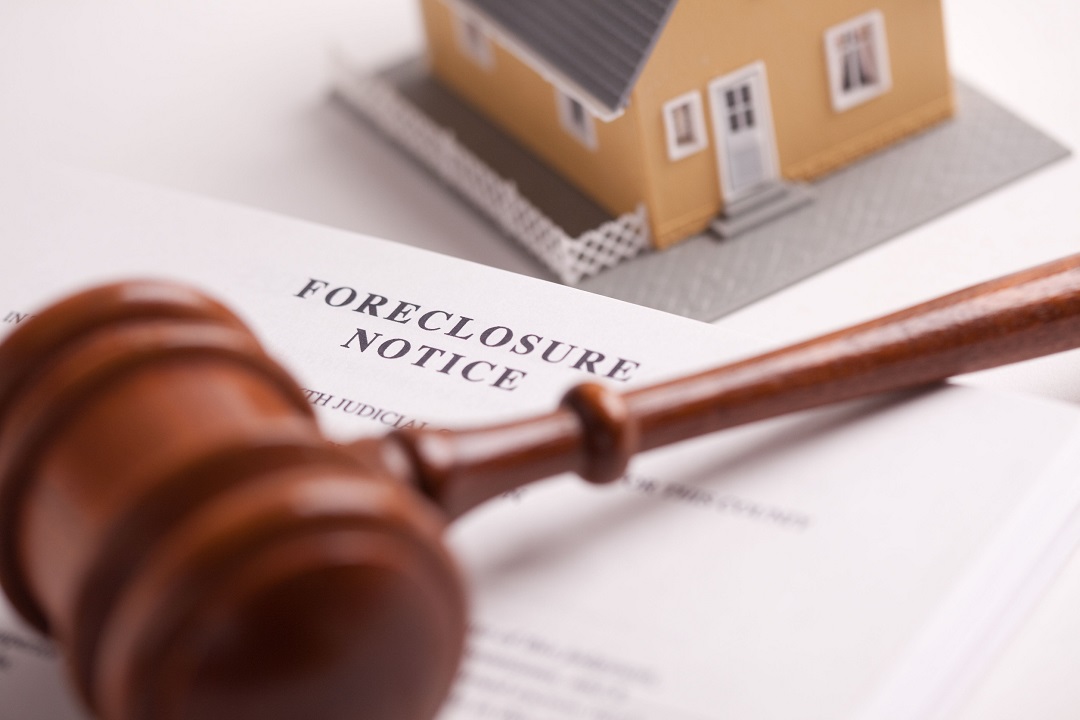
via 123RF
A HELOC is secured by your home, meaning if you fail to make payments, the lender can foreclose on your property. With bad credit, your financial situation is already precarious, and taking on a HELOC increases the risk of losing your home if you can’t keep up with payments. Foreclosure not only results in the loss of your home but also severely damages your credit score, making it even harder to secure credit in the future. The risk of foreclosure should be a significant deterrent when considering a HELOC with bad credit.
4. Variable Interest Rates
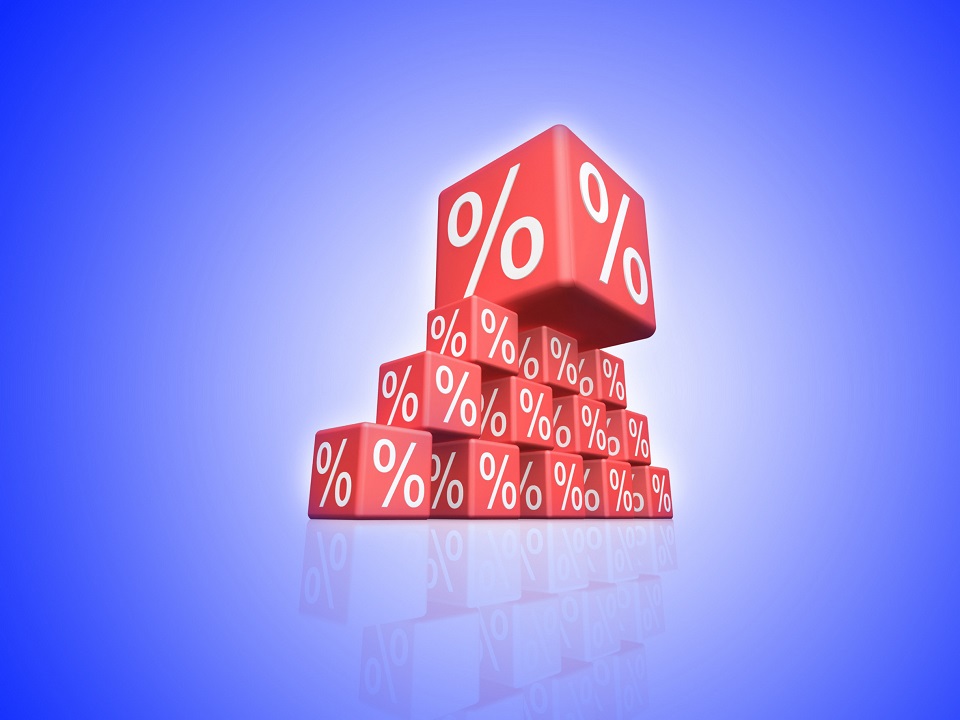
via 123RF
Most HELOCs have variable interest rates, which means the interest rate can fluctuate over time. With bad credit, you may already be dealing with high interest rates, and an increase can make your payments even more unaffordable. Variable rates add a layer of unpredictability to your financial planning. If rates rise significantly, you might find yourself unable to meet the payment obligations, leading to financial distress.
5. Additional Fees and Costs

via 123RF
Obtaining a HELOC comes with various fees and costs, such as application fees, appraisal fees, and closing costs. With bad credit, lenders may charge higher fees to offset the risk, adding to the overall expense of the loan. These upfront costs can be a financial strain, especially if you’re already in a precarious financial situation. It’s important to consider whether you can afford these additional expenses before pursuing a HELOC.
6. Impact on Credit Score
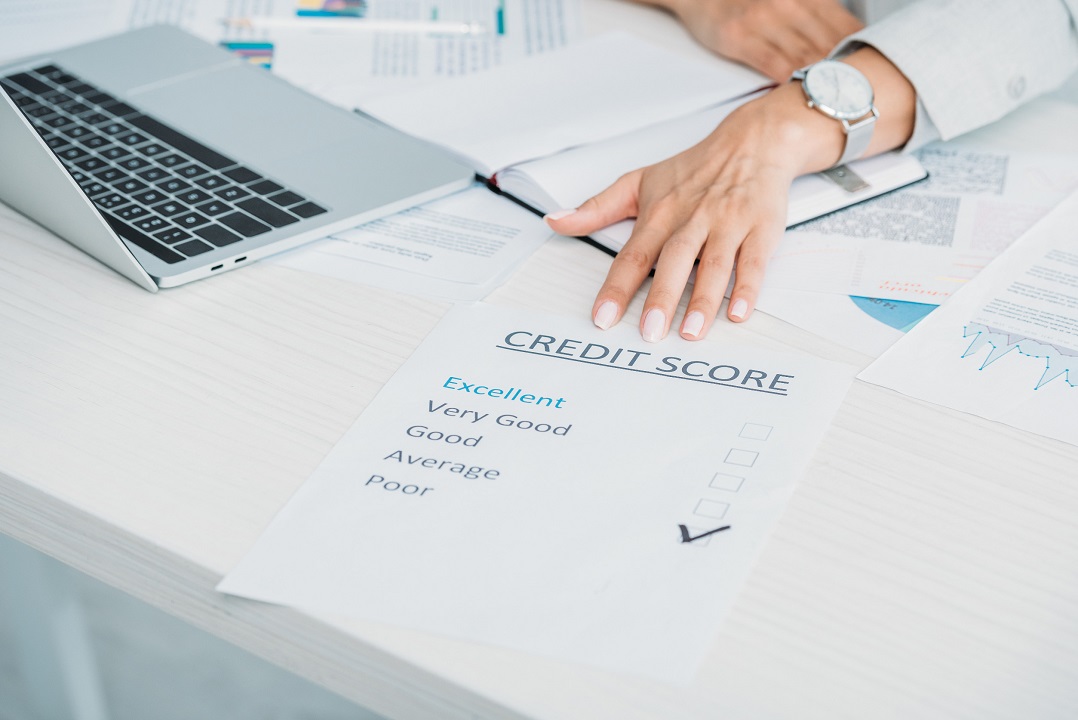
via 123RF
Applying for a HELOC with bad credit can further impact your credit score. The application process involves a hard inquiry, which can lower your score. Additionally, taking on more debt can increase your debt-to-income ratio, negatively affecting your credit profile. If you struggle to make payments, missed or late payments will further damage your credit score, making it even more challenging to secure favorable credit in the future.
7. Limited Borrowing Power

via 123RF
With bad credit, you may not be able to borrow as much as you need. Lenders are likely to offer a smaller credit line to minimize their risk, which might not meet your financial needs. A smaller HELOC might not be worth the costs and risks, especially if it doesn’t provide sufficient funds for your intended purpose. Exploring other borrowing options that might offer more favorable terms could be a better strategy.
8. Negative Equity Risk
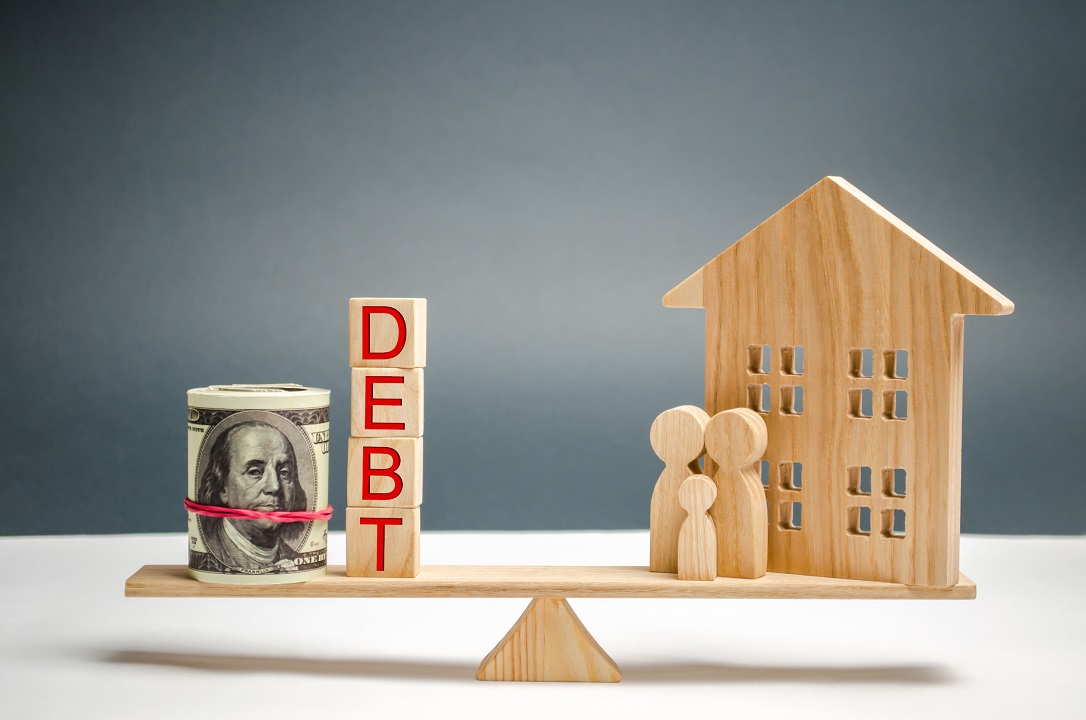
via 123RF
If the value of your home decreases, you could end up owing more than your home is worth, leading to negative equity. This is particularly risky if you have bad credit, as it limits your ability to refinance or sell your home. Negative equity can trap you in an unfavorable financial situation, making it difficult to move or improve your financial standing. Avoiding additional debt that could exacerbate this risk is a prudent decision.
9. Strain on Finances
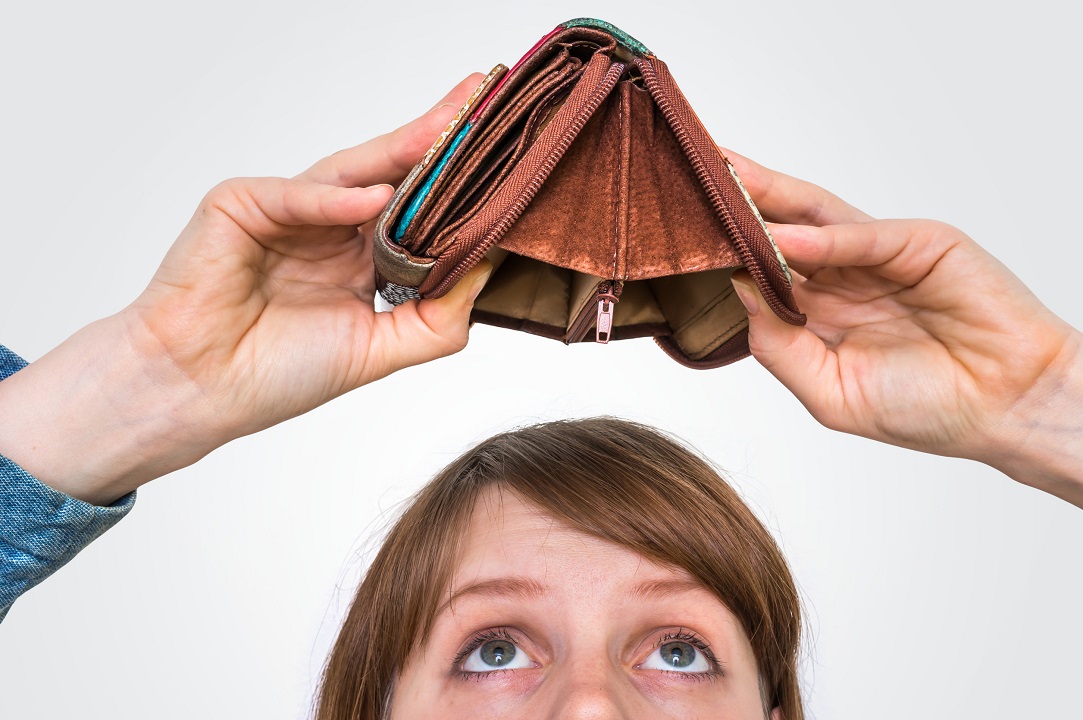
via 123RF
Taking on a HELOC with bad credit can put a significant strain on your finances. The added debt and higher payments can stretch your budget thin, leaving little room for savings or emergency expenses. This financial strain can lead to increased stress and impact your overall quality of life. It’s important to consider whether the benefits of the HELOC outweigh the potential negative impact on your financial well-being.
10. Potential for Over-Borrowing

via 123RF
Access to a HELOC can tempt you to borrow more than you need, especially if you’re using it for discretionary spending. Over-borrowing can lead to a cycle of debt that’s difficult to escape, particularly if you’re already struggling with bad credit. It’s essential to borrow only what you need and have a clear plan for repayment. Discipline and careful planning are crucial to avoid falling into a debt trap.
11. Alternatives May Be Better

via 123RF
There are often better alternatives to a HELOC for those with bad credit. Personal loans, debt consolidation loans, or working with a credit counselor to manage your debts might provide more favorable terms and reduce the risks associated with a HELOC. Exploring these alternatives can help you find a solution that improves your financial situation without putting your home at risk.
12. Long-Term Financial Impact

via 123RF
The long-term financial impact of a HELOC with bad credit can be severe. Higher interest rates, increased debt load, and potential foreclosure can create lasting financial difficulties. It’s crucial to consider the long-term consequences and whether a HELOC is the best solution for your financial needs. Taking a comprehensive view of your financial health and considering all options can help you make a more informed decision that supports your long-term financial stability.
Consider Your Options Carefully

via 123RF
While a HELOC can be a valuable financial tool, it’s not always the best choice for those with bad credit. The risks and potential negative impacts often outweigh the benefits, making it crucial to explore other options. By considering alternatives and focusing on improving your credit score, you can find more favorable borrowing solutions that support your financial health. Remember, making informed decisions today can lead to a more secure and prosperous future.

Toi Williams began her writing career in 2003 as a copywriter and editor and has authored hundreds of articles on numerous topics for a wide variety of companies. During her professional experience in the fields of Finance, Real Estate, and Law, she has obtained a broad understanding of these industries and brings this knowledge to her work as a writer.
Leave a Reply